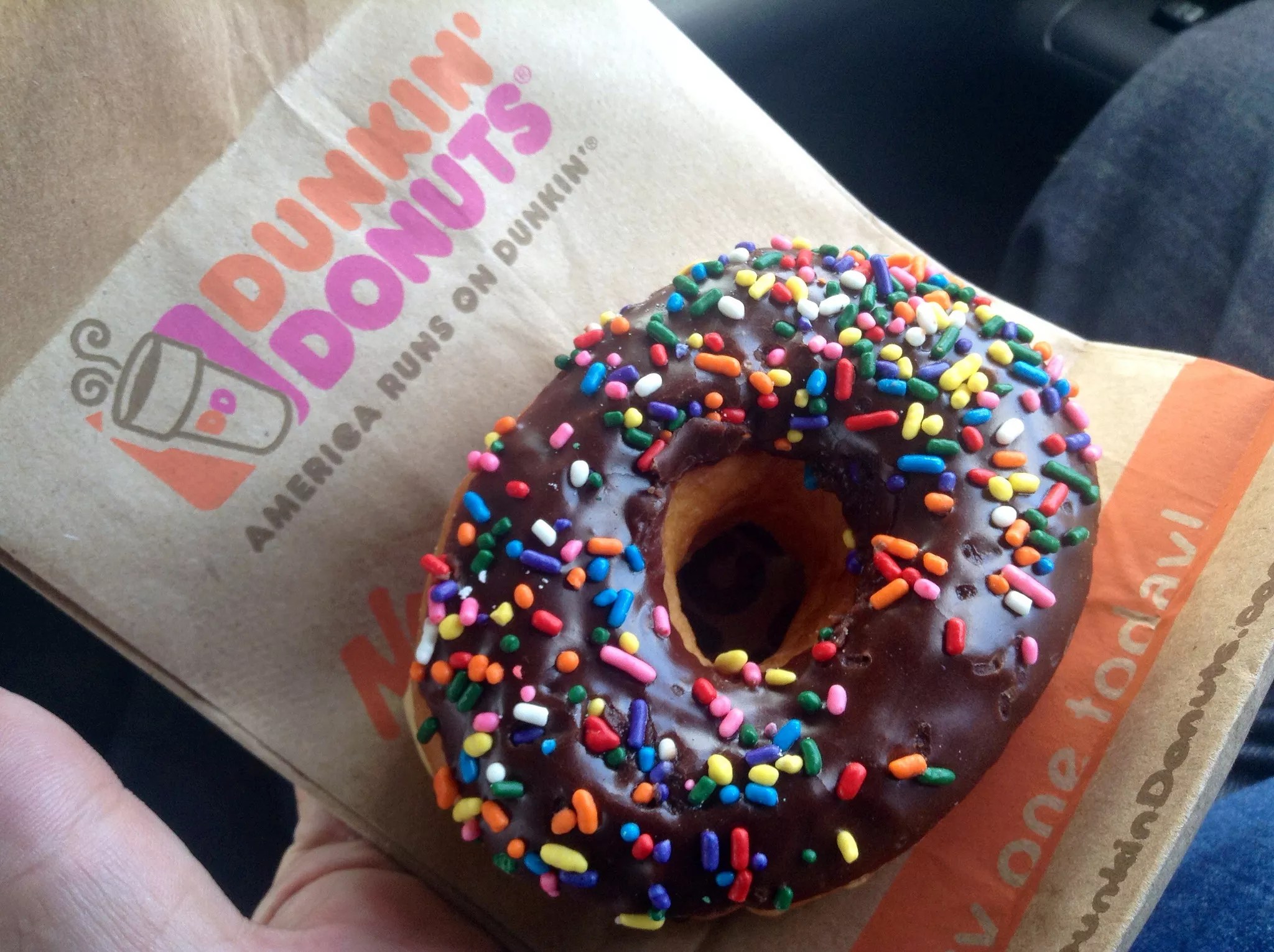
Photo by Mike Mozart / Flickr

Audio By Carbonatix
On March 8, 2016, Jacqueline Quiñones began a job at the Dunkin’ Donuts in Perrine. Less than two months later, after repeated racial discrimination from co-workers, Quiñones was unfairly terminated, she says, sending her into a downward financial spiral that ultimately left her homeless.
While working at Dunkin’ Donuts, Quiñones says other employees “harassed, bullied, and taunted” her about her dark skin and “kinky” hair. Nearly three years later, Quiñones – who is of Puerto Rican descent – has sued Dunkin’ and the store’s franchisee, Surfside Coffee Company, claiming discrimination and retaliation.
“One of the things that we have that’s very unique to South Florida is discrimination by Hispanics of other Hispanics,” says Quiñones’ lawyer, Lowell Kuvin. “We have people from other countries that are Hispanic but basically do things a little differently, look differently, sound differently, and wear their hair differently. Jackie was basically pushed out, I think, because of that.”
Quiñones says the atmosphere at work changed two weeks after she
After that, the other employees began picking on her, Quiñones says. One called her hair “kinky” and “too curly,” then suggested she straighten it. The co-worker also insisted Quiñones looked black, not Puerto Rican. Quiñones says she reported the comments to her manager, who told her the other employee “did not mean anything by it.”
Dozens of news stories and a body of research make it clear that people of color regularly face discrimination because of their natural hair. A 2016 study by the Perception Institute, an anti-bias think tank, found the majority of the 4,000-plus participants claimed implicit bias against black women’s textured hair. Many workplaces still deem natural hair “unprofessional,” with some even demanding job candidates get rid of their dreadlocks before beginning work. Just this week, the state of New York banned employers from restricting natural hair or hairstyles.
In addition to the remarks about her hair, Quiñones says a second employee took to calling her “
The lawsuit also accuses the company of retaliation. Quiñones says she was asked to perform more janitorial tasks than the other employees and was restricted from participating in training opportunities. After about a month, she says, her hours were reduced until she was ultimately removed from the schedule altogether.
After losing her job at Dunkin’, Quiñones became homeless and was forced to move into a shelter, according to the lawsuit. She has since filed complaints with the Equal Employment Opportunity Commission, the Florida Commission on Human Relations, and the Miami-Dade County Commission on Human Rights.
In an email to New Times, a spokesman for Dunkin’ said Quiñones was not an employee of the company but rather of the
The Surfside Coffee Company, which says it is the largest Dunkin’ franchise network in Florida, did not respond to New Times‘ request for comment about Quiñones’ allegations.